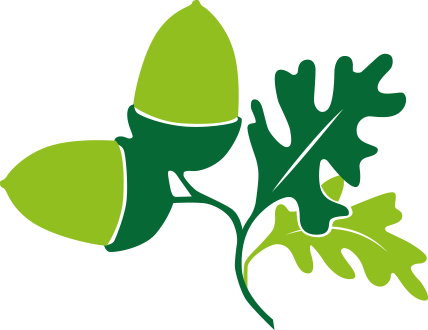Understanding of the World

Understanding the World involves guiding children to make sense of their physical world and their community. In Reception, we plan our curriculum to relate to a range of children’s personal experiences which increases their knowledge and sense of the world around them – from visiting parks, libraries and museums to meeting important members of society such as police officers firefighters and workers in the local community. We also expose our children to a broad selection of stories, non-fiction, rhymes and poems which will foster their understanding of our culturally,  socially, technologically and ecologically diverse world. As well as building important knowledge, this extends their familiarity with words that support understanding across domains, enriching and widening children’s vocabulary which will support later reading comprehension.
socially, technologically and ecologically diverse world. As well as building important knowledge, this extends their familiarity with words that support understanding across domains, enriching and widening children’s vocabulary which will support later reading comprehension.
At Cranford Park Academy, our Science curriculum stimulates pupils’ curiosity about the world around them and teaches them to think critically and question. In Reception we provide the basis for the science curriculum, with a particular emphasis on children developing the basic scientific knowledge to understand the world around them. This foundation is built upon in Key Stage 1 when children are introduced to the concept of scientific experiments and recording results.
In the Early Years Foundation Stage, Understanding the World is broken down into three aspects:
Past and Present
- Talk about the lives of the people around them and their roles in society.
- Know some similarities and differences between things in the past and now, drawing on their experiences and what has been read in class.
- Understand the past through settings, characters, and events encountered in books read in class and storytelling.
People, Culture, and Communities
- Describe their immediate environment using knowledge from observation, discussion, stories, non-fiction texts and maps.
- Know some similarities and differences between different religious and cultural communities in this country, drawing on their experiences and what has been read in class.
- Explain some similarities and differences between life in this country and life in other countries, drawing on knowledge from stories, non-fiction texts and (when appropriate) maps.
- Explain some similarities and differences between life in this country and life in other countries, drawing on knowledge from stories, non-fiction texts and (when appropriate) maps.
The Natural World
 Explore the natural world around them, making observations and drawing pictures of animals and plants.
Explore the natural world around them, making observations and drawing pictures of animals and plants.- Know some similarities and differences between the natural world around them and contrasting environments, drawing on their experiences and what has been read in class.
- Understand some important processes and changes in the natural world around them, including the seasons and changing states of matter.

